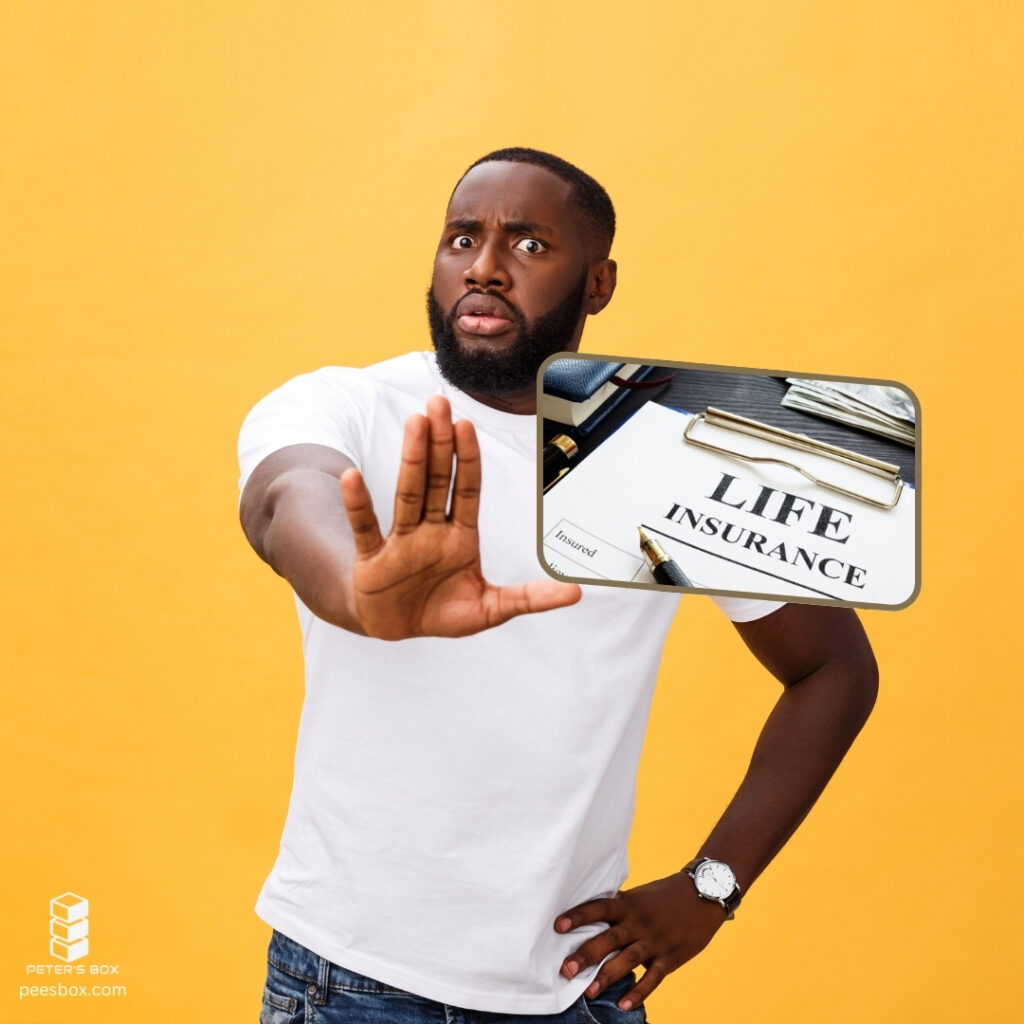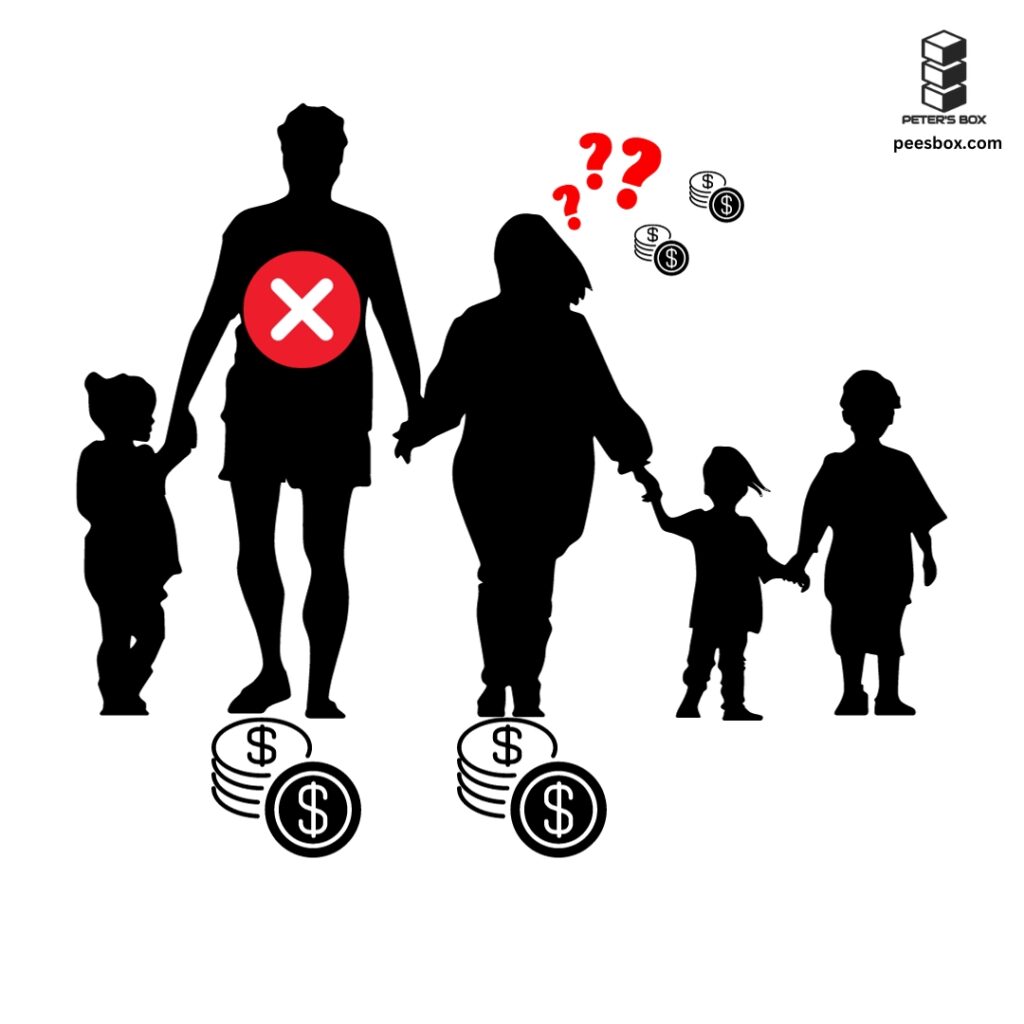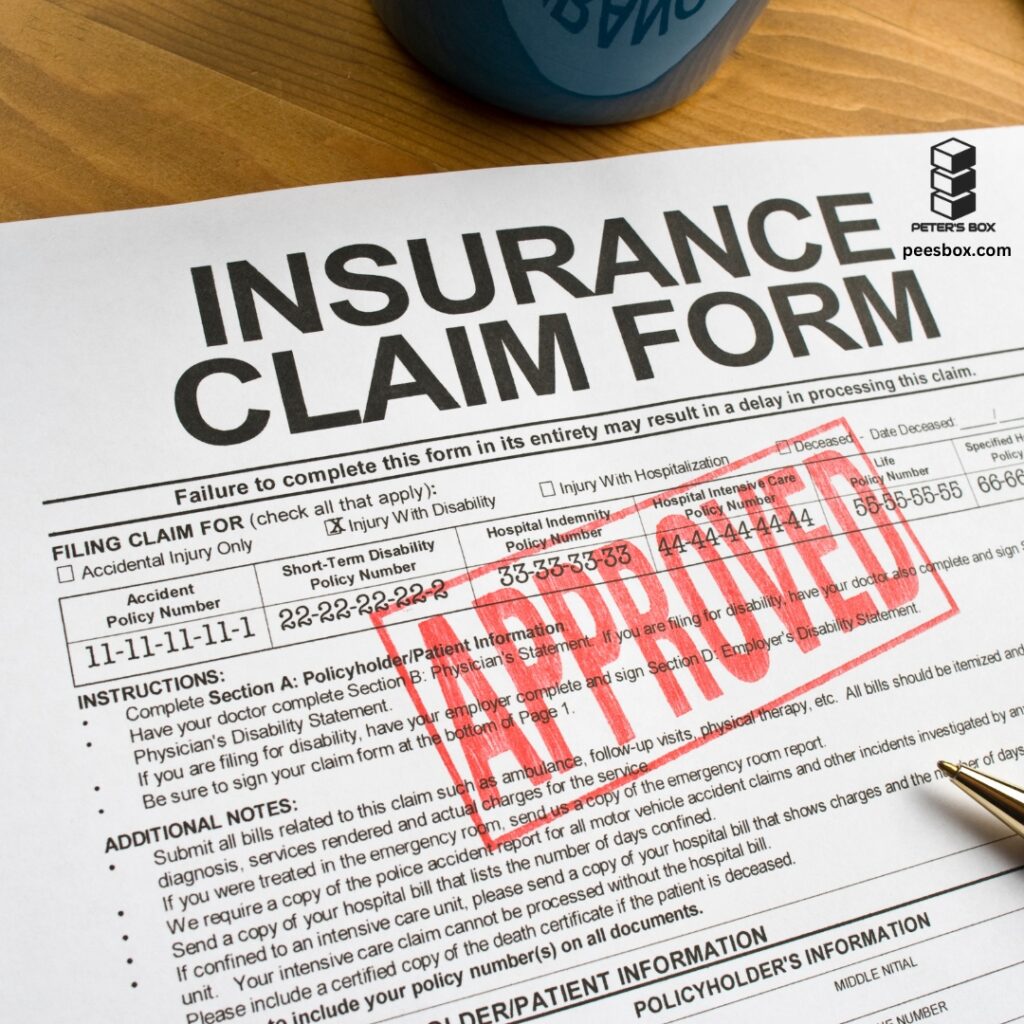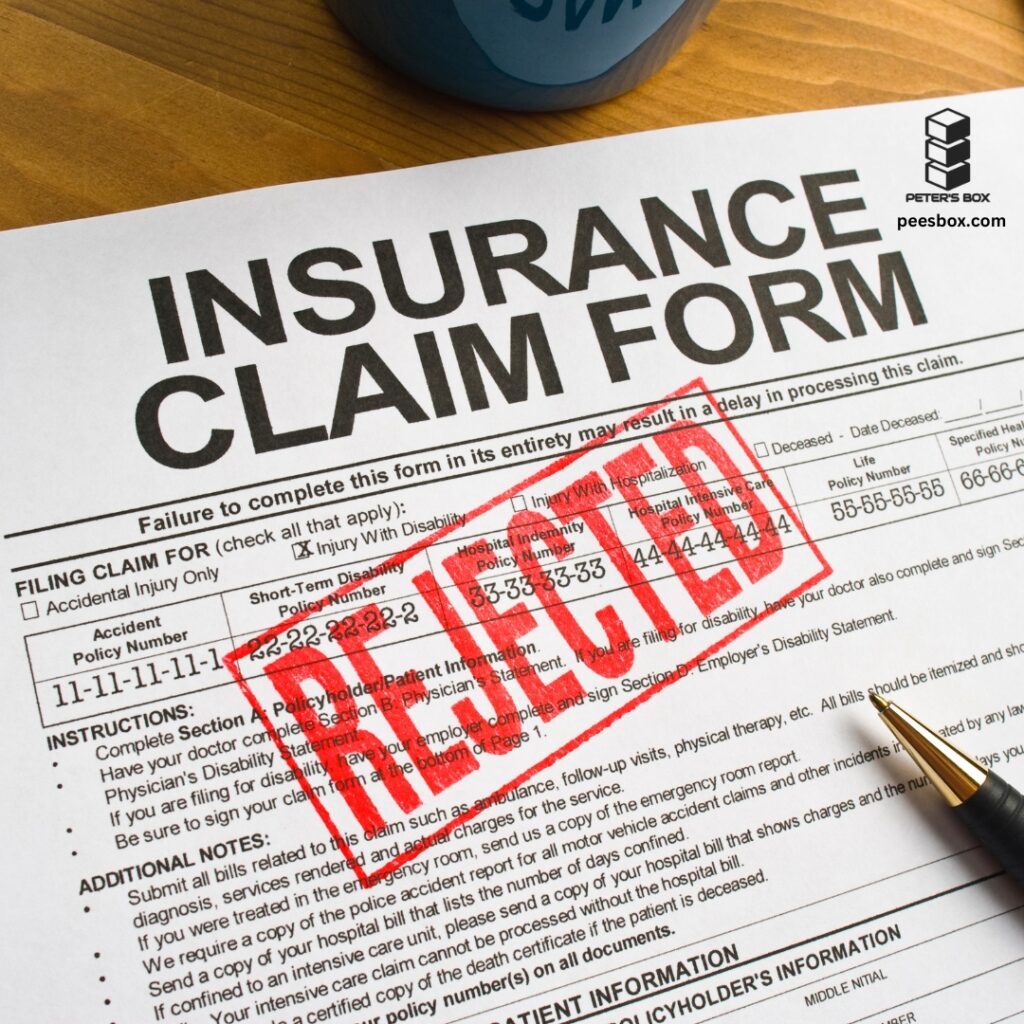Things you should know before buying life insurance are crucial to making an educated decision. Many people get life insurance for the wrong reasons. Some people who need life insurance do not purchase it, while others who do not need life insurance do. When I worked as a financial advisor for a life insurance firm a few years ago, helping clients develop a financial plan, around 9 out of 10 clients were either indifferent or highly sceptical of life insurance.

Either because they did not know the things you should know before buying life insurance or because they had a particularly unpleasant experience with the services or products of a life insurance company. Most of the time, the sour taste left in the mouths of clients by some insurance companies, products, or services may be related to not knowing the things you should know before buying life insurance.
Are you a first-timer planning to buy life insurance? Do you already have life insurance? Do you have life insurance when you shouldn’t? Have you cancelled a life insurance policy you once purchased? This post is for you.
What is Insurance?
You may already be familiar with other kinds of insurance, such as:
- health insurance
- automobile insurance (auto/car/motor insurance)
- disability insurance
- fire insurance
- property insurance
- jewellery insurance
- accident insurance
- boat insurance
- pet insurance
- business insurance, etc.

What they all have in common is the term insurance. The intended purpose of the insurance is what distinguishes various types of insurance. Insurance is a contract or policy in which an item of interest is indemnified against its loss or premature destruction. The word indemnify means to secure against loss or damage, mostly by compensating or reimbursing the value of the item of interest. Insuring anything simply means establishing a policy that enforces the replacement of the value of an item of interest if it is destroyed or misplaced.
If an accident occurs and you have auto insurance, your insurance will not replace your vehicle. It only replaces the value of your car, not the car itself. You get paid the agreed-upon sum assured. You can purchase a brand-new car with that money. The same is true for jewellery insurance. If you have jewellery insurance on your gold watch and your house is burgled, the jewellery insurance will reimburse you for the value of the money you placed on the gold watch. You may use the money from your jewellery insurance to buy a new gold watch.
What is Life Insurance?
A life insurance policy or contract insures the economic value of an individual’s life in the case of their illness, death, or disability. How can a life that has been lost be recovered? If I insure my life, how do I replace it if it is lost? I may replace a lost car by purchasing a new one. But life? What good is life insurance, then, if life cannot be replaced?
Life insurance replaces a person’s net worth, or the monetary value of their life. So, life insurance is a policy or contract that protects the value of a person’s life against the loss of their monetary worth that ends when they die or are incapacitated by illness.

Purpose of Life Insurance
Why is having life insurance crucial? First, respond to these questions. Do you buy auto insurance even if you don’t own a car? Do you buy jewellery insurance even if you don’t possess any? If you have a life, you should get life insurance. Not just any life, but a life that has insurable interest.
Insurable interest will be defined shortly. The goal of life insurance is to recover the monetary worth of a person’s life after they have died. But dead people don’t spend money, do they? The proceeds from life insurance, then, are intended to assist in meeting the financial needs of the deceased person’s dependents. This is because if the individual were still alive, he would have been the breadwinner for his dependents. To ensure that this care continues even after the breadwinner’s death, he must acquire a life insurance policy!

Terms in Life Insurance
These terms are things you should know before buying life insurance. Here are some important terms in life insurance:
- Insurable interest
- Policy
- Policyholder
- Insurer
- Insured
- Risk
- Sum Assured
- Benefits
- Premium
- Active
- Lapsed
- Claim
- Beneficiary: Primary and Contingent
- Principle of Utmost Good Faith
- Underwriting
Insurable Interest
It is the interest of a person to continue to protect the welfare of their dependants if some risk renders them unable to perform their duties as a breadwinner for their dependants. The term “insurable interest” in insurance refers to the circumstance when a breadwinner is accountable for his dependents’ survival.
If no one will be financially burdened after your death, you most likely do not have an insurable interest. A wife and kids are of insurable interest to the husband. A husband and kids are of insurable interest to the wife. If you are taking care of your nephews or anyone else, they are of insurable interest to you.
Policy
A document or written contract between an insurer (an insurance company) and a policyholder that defines the risks and benefits of a policyholder’s profile.

Policyholder
A person who purchases and owns a life insurance policy for their life. It could also be a person for whom a life insurance policy has been purchased.
Insurer
The company that creates, designs, and manages the policy for the insured.
Insured
A person whose life is indemnified by an insurance policy provided by an insurer.
Risk
It is any event, action, or activity agreed upon under the policy that can disrupt the comfortable living of a policyholder. Risks include, but are not limited to, critical illness, permanent disability, and death.

Sum Assured
It is the amount of money placed on the policy that will be paid out to the insured or their beneficiaries if a risk arises, as stipulated in the contract.
Sum Assured is also known as coverage, sum insured, life cover, or cover.
Benefits
Premium
It is the amount of money charged on the insurance policy by the insurance company that must be paid by the policyholder for the policy to remain active.
Active
A policy is said to be active when the policyholder fulfils all of the policy’s terms of service, especially the timely payment of premiums.
Lapsed
When the terms of premium payment are not met by the policyholder, the policy is considered to have lapsed and no longer has the legal obligation to insure the policyholder.
Claim
It is a formal notification from or concerning the policyholder for a legal claim of a policy’s benefits.

Beneficiary
A beneficiary is a person named on the policy by the insured who is entitled to the policy’s proceeds or sum assured in the case of the insured’s death. Beneficiaries are classified into two types: primary and contingent.
Primary Beneficiary
Primary beneficiaries are the direct beneficiaries of the policy. The insured allocates a percentage of the sum assured to the primary beneficiaries. When the insured passes away, the percentages allocated to the primary beneficiaries will be paid out accordingly.
For example, a husband purchases an insurance policy with a cover of $40,000. He lists the primary beneficiaries as the wife and son. He allocates 60% of the sum assured to the wife and 40% to the son. When the husband passes away, the wife will be paid 60% of the sum assured, and the son will be paid 40%.

Contingent Beneficiary
Let’s assume the husband, wife, and son perished in the same accident. What happens to the sum assured? This is when contingent beneficiaries come into play. Contingent beneficiaries are beneficiaries who get an allocated percentage of the sum assured if the primary beneficiaries die before a claim is filed. In our case, the husband may name his brother and sister as contingent beneficiaries and give them a new percentage of his sum assured.
The percentage allocation on the contingent beneficiary list is independent of that on the primary beneficiary list. Contingent beneficiaries will not be paid if the primary beneficiaries are still alive. Contingent beneficiaries act as a backup list for primary beneficiaries. You must always name your contingent beneficiaries. If your primary beneficiaries are deceased at the time of the claim, your sum assured is likely to stay with the insurance company.
Utmost Good Faith
It is a principle used in all insurance contracts that legally requires all parties (namely the insurer and the insured) to disclose every relevant information or material fact in full. It is usually not a written law but a code of ethics that must be followed by all contract parties.
The failure of the insured to disclose relevant information may result in the insurer terminating the policy or not having benefits honoured during a claim. This might result in the forfeiture of any benefits. If the insurer fails to keep all of the commitments in the policy, the insured may seek legal redress against the insurer. In Latin, the principle of utmost good faith is known as Uberrimae fidei or Uberimma.

Utmost Good Faith By Insurer
- They must investigate claims.
- They are to promptly pay off claims.
- They must provide accurate and complete information about the policy.
- They have to defend the insured.
Utmost Good Faith By Insured
- They must provide accurate and complete information and documents requested by the insurer.
- They must pay premiums in full and on time.
- They must cooperate with the insurer during the claim process.
- They must make themselves available to be investigated and interviewed during the underwriting process by the insurer.
Underwriting
It is the process by which an insurer (via its underwriting department) evaluates the risk profile of the insured, processes data given by the insured, and designs a policy for the insured. There are no two insurance plans that are alike. The amount of premium paid varies based on numerous parameters, including gender, age, medical history, smoking or drinking habits, sum assured covering the policy, and so on. These are all assessed throughout the underwriting process.

Some benefits may be excluded from a policy if underwriters determine that a particular risk will leave the insurer unable to perform its obligation to uphold that benefit. For example, an insurance policy may cover malaria, TB, HIV, cancer, heart attack, stroke, and kidney failure. However, if I have cancer and approach this insurance firm for a life insurance policy, I am required to disclose my cancer diagnosis as part of my data to the insurer.
Cancer may not be included on the list of critical diseases in my policy by the underwriters during the underwriting. But why? Cancer is a known risk. I may die from cancer the next day after obtaining my coverage. A known risk is a bad risk for the insurer. Insurance companies are not charitable organisations. However, an insurance company might decide to cover a known risk if it is a minor risk, such as benign cancer, rather than malignant cancer.
How much Sum Assured should I have for my policy?
Now that you are familiar with some things you should know before buying life insurance, let’s move on to the most critical question to ask when buying life insurance. Many individuals overlook this. The question is, how much sum assured should my policy have? Let’s repeat that. How much sum assured should my policy have?

Why is this question so crucial? Imagine you bought your car for $60,000 but insured it for $30,000. Or suppose you own five warehouses on the same property but only insure two of them. This would just suggest that you do not appreciate the value of your car or your warehouses. In insurance terms, we say you are underinsured.
If your car is wrecked beyond repair, your car insurance will pay you $30,000 because that is the sum assured you chose for the policy. You can’t purchase a new $60,000 car for $30,000. I don’t have to elaborate on that. It appears that you did not insure the full value of the car. Remember that the goal of insurance is to protect against loss or damage, generally by paying or reimbursing the value of the item of interest.
How to Calculate Sum Assured
The first step is to determine your net worth. You must be aware of your financial net worth. If you know your real-time net worth, that should give you a good idea of the sum assured you should have on your life insurance policy. If you are a salaried worker, a rough approach to accomplishing this is to calculate three to ten years of your yearly income. This should be the sum assured for the insurance you are purchasing.
The rule of thumb on salaried income is such because life insurance is designed to alleviate your dependants of the financial burden of your death. If you are not a billionaire, you most likely do not have enough fortune to leave to your dependants when you die. Having an amount secured of at least three years of your yearly salary ensures that your dependants can manage the proceeds comfortably for at least three years.
What type of life insurance should I buy?
Now that you know the things you should know before buying life insurance, there is another important question you need to ask. Not asking this question has caused a lot of people to be disappointed and pained about ever purchasing life insurance products.
The question is: What kind of life insurance should I buy?
Did you know there are two kinds of life insurance?
Click the Bell symbol or the Allow button to subscribe to the blog’s push notifications if you’d like to learn more. That way, if there are any new posts on Peter’s Box, you will be notified.


What’s next in Peter’s Box? ¡Hasta luego amigos!


